The widespread heat wave has caused a sudden increase in electricity demand. Many places across the country have had to take turns cutting off power. Lack of electricity for daily life and production is a concern for people and businesses. This is also a topic of particular interest to delegates in the National Assembly's discussions on the socio -economic situation and the practice of thrift and anti-waste in recent days. The questions are: why is the country facing the risk of electricity shortage while dozens of completed wind and solar power projects with a total capacity of more than 4,600 MW have not completed commercial operation procedures for mobilization? Whose responsibility is it and what is the solution?
Delegate Nguyen Van Hien (Lam Dong delegation) raised the issue that recently, in the management documents, the authorities have made sudden changes in policies, especially regulations on electricity price frameworks for transitional renewable energy (RE) projects. This not only does not encourage and provide incentives for wind and solar power projects as the Party and State's policies have set out, but there are also regulations that are stricter than those for traditional power projects, making it difficult for investors. According to the delegate, policy shortcomings have negatively affected the survival of businesses. In the long term, it will affect the investment and business environment. Attracting investment in RE is likely to be frozen, greatly affecting the goals of energy security and carbon emission reduction. Delegate Tran Thi Hoa Ry ( Bac Lieu delegation) pointed out the fact that while Vietnam's policy always affirms to encourage investment in renewable energy, the difficulties of renewable energy projects have not been thoroughly resolved. If not promptly resolved, this will also be a bottleneck hindering the country's economic development.
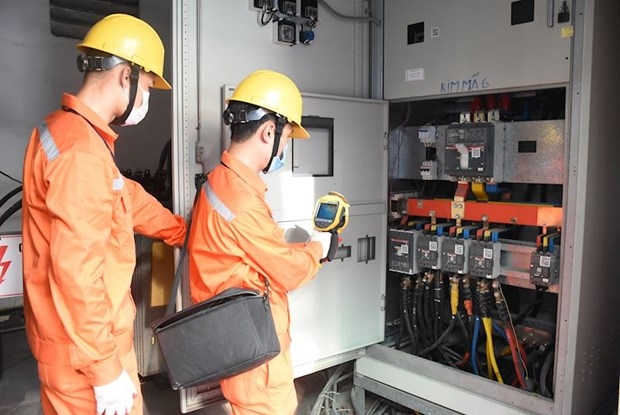 |
| EVNHANOI staff check the operation of electrical equipment. Photo: VNA |
Responding to the opinions of the delegates, Minister of Industry and Trade Nguyen Hong Dien said that it is undeniable that there is waste if dozens of solar and wind power projects are invested but not exploited or used. However, according to the Minister, most project investors have raced against time, so they have ignored or omitted steps and procedures according to the law, and even violated the provisions of specialized laws. "The expiration date of the FIT price policy (fixed preferential price) has been shown in the Prime Minister's decision, not suddenly stopped. In particular, in order to avoid waste but also not legalize the wrong, it is necessary to have the opinions of competent authorities, the acceptance and efforts of investors and the involvement of the government," Minister Nguyen Hong Dien emphasized.
As of June 2, 65/85 transitional renewable energy projects with a total capacity of 3,643.861MW have submitted documents to the Electricity Trading Company under Vietnam Electricity Group to negotiate electricity prices and power purchase contracts; of which 56 projects (total capacity of 3,087.661MW) have proposed a provisional price equal to 50% of the ceiling price of the price range (according to Decision No. 21/QD-BCT dated January 7, 2023 of the Ministry of Industry and Trade). EVN and investors have completed price negotiations and initialed power purchase contracts with 51/56 projects; of which the Ministry of Industry and Trade has approved provisional prices for 40 projects.
Prioritizing the development of renewable energy is a very correct policy of the Party and the State and is an inevitable trend in energy transition. Learning from the shortcomings in practice in recent times, the Government and the Ministry of Industry and Trade need to avoid sudden policy changes, making it impossible for investors to forecast and develop appropriate business strategies. In the immediate future, it is necessary to quickly negotiate and remove difficulties, ensuring that the electricity purchase price mechanism is suitable for reality and in harmony between the electricity buyer, investors and users. In addition, the development of renewable energy is also closely linked to the development of transmission lines (high investment rates, limited resources, difficulties in procedures, compensation for site clearance, etc.). Therefore, it is necessary to have a synchronous solution for power sources and grids to avoid loss and waste, ensuring sustainable development for the renewable energy industry.
KHANH AN
Source


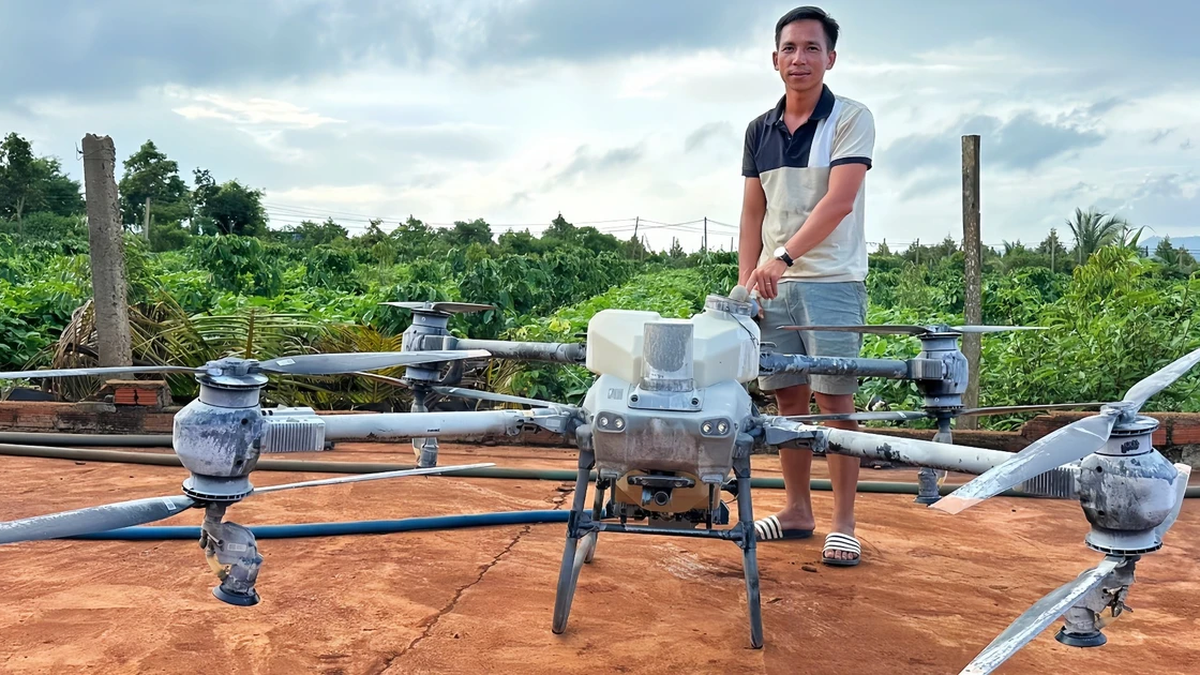


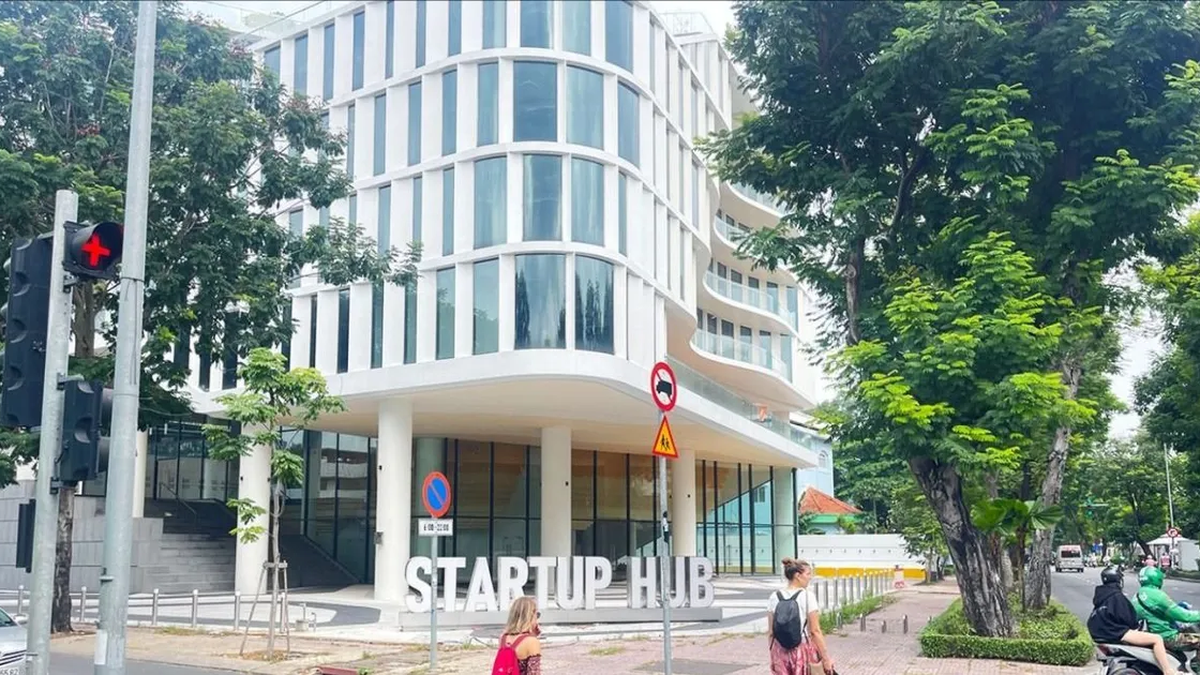
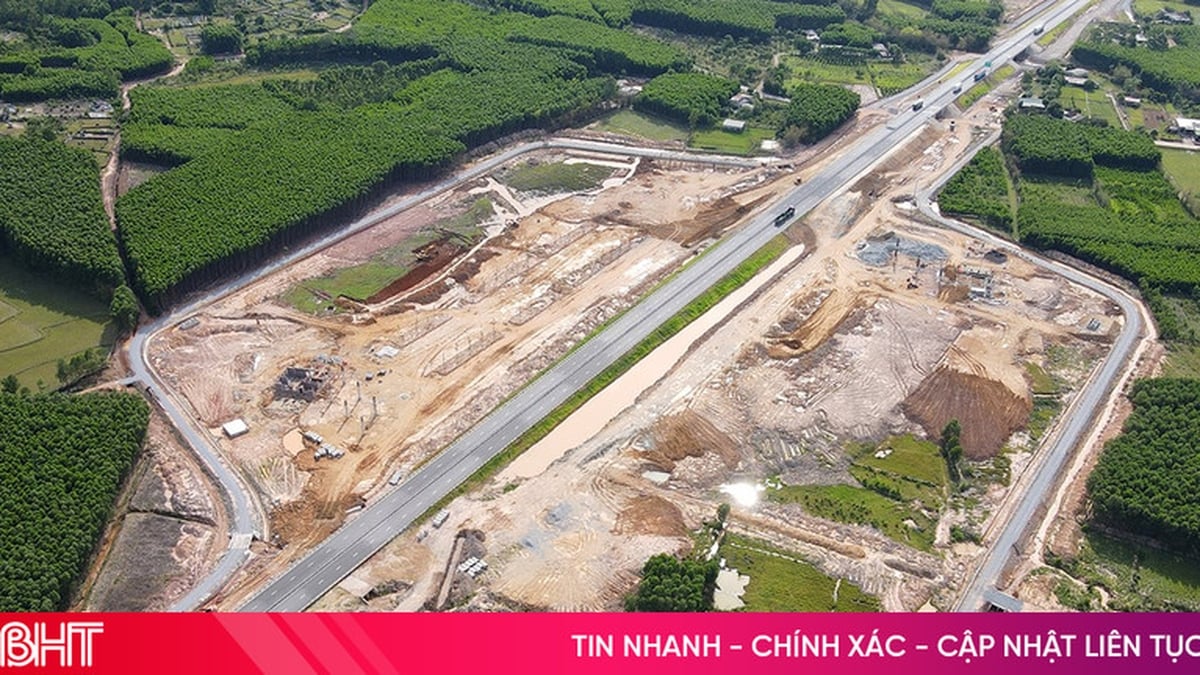


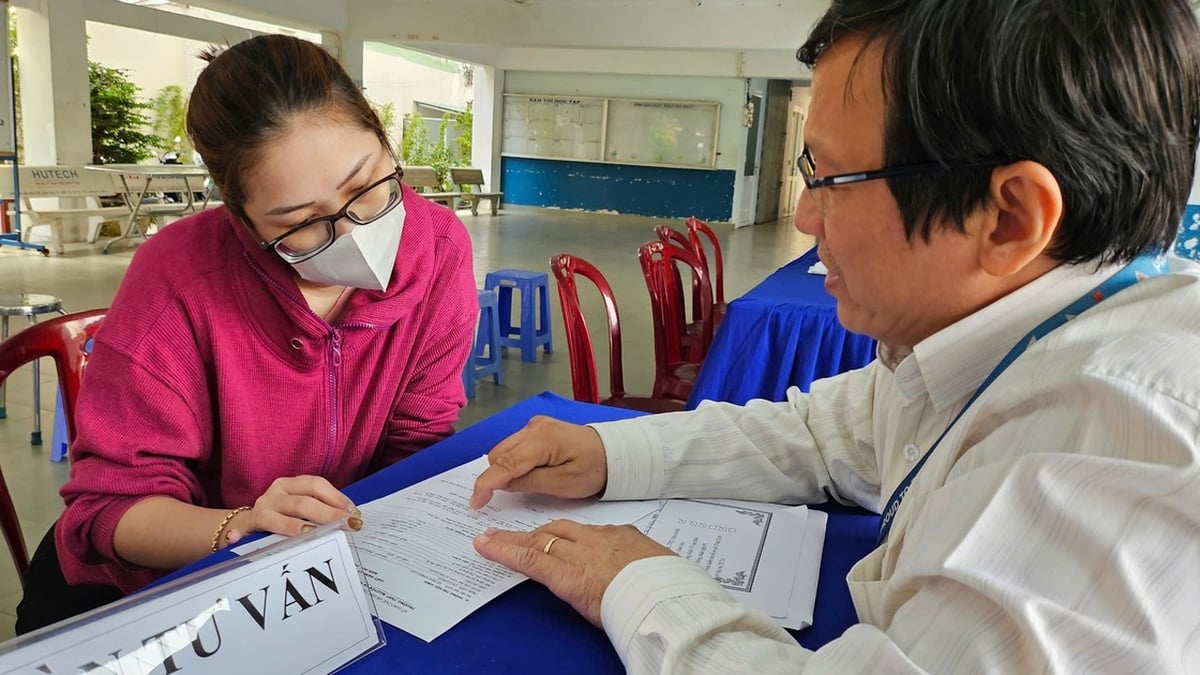
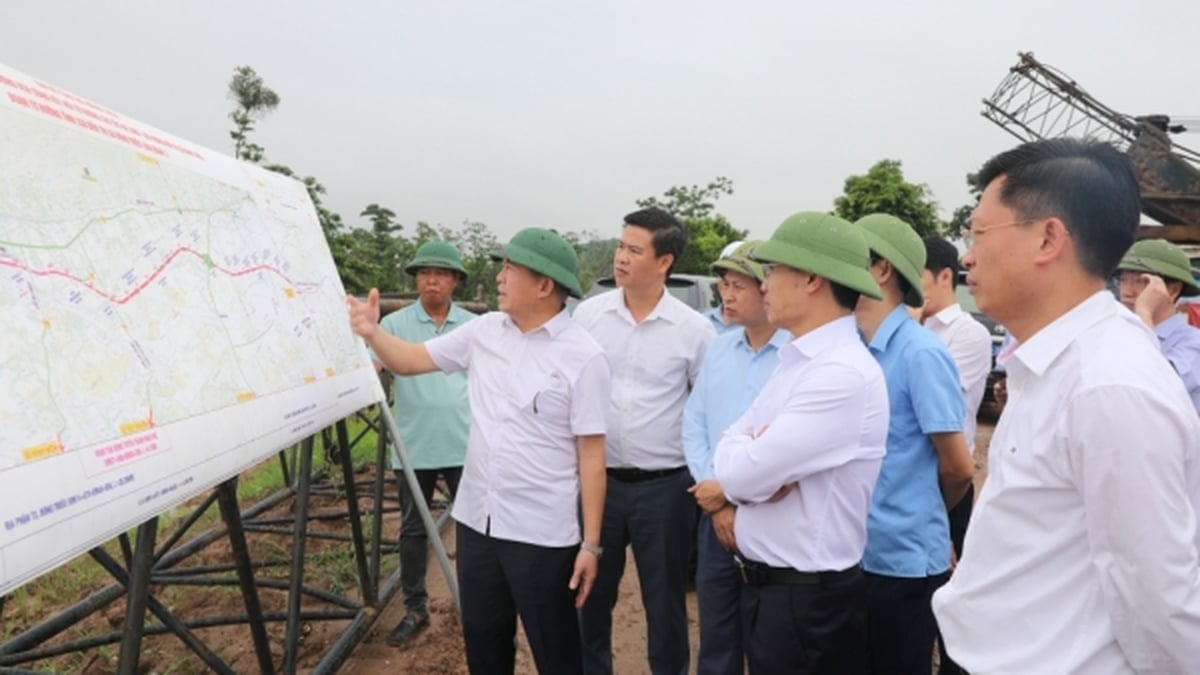
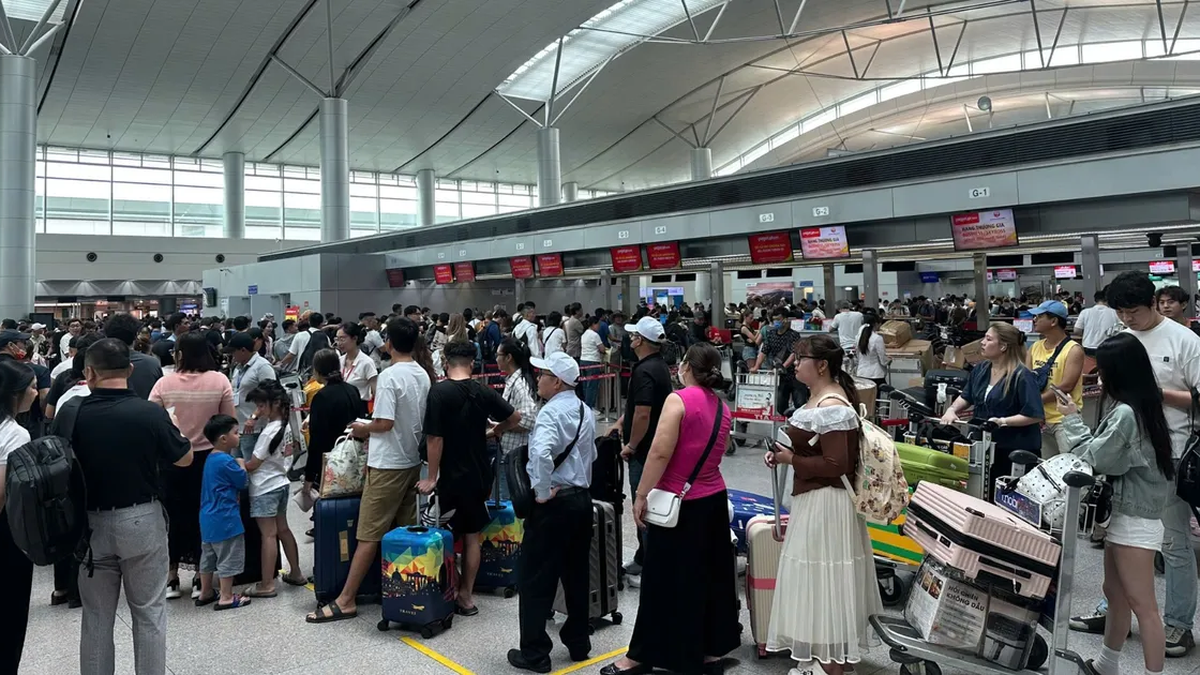












































![[Maritime News] Container shipping faces overcapacity that will last until 2028](https://vphoto.vietnam.vn/thumb/402x226/vietnam/resource/IMAGE/2025/7/30/6d35cbc6b0f643fd97f8aa2e9bc87aea)













































Comment (0)